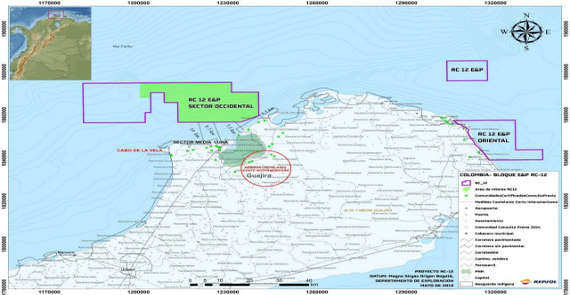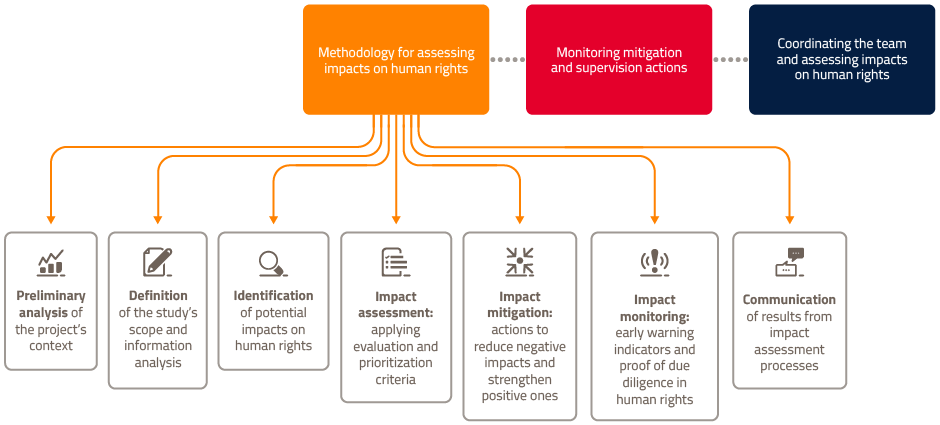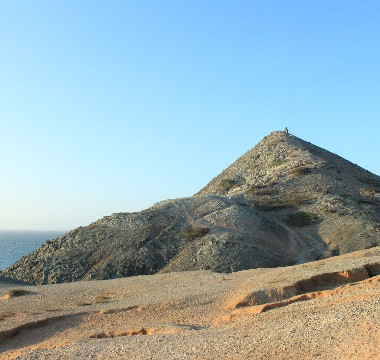Results of the study
The conclusions of the study were shared with the indigenous communities through meetings with broad participation in the local language (Wayunikki) where aspects related to territoriality, loss of young people’s identity, as well as labor, economic, environmental, and women's rights were identified.
However, the most relevant impact identified was the protection of sacred spaces. If the project were to be implemented, it would be carried out in a geographic area that the Wayuu people identify as Jepira, which includes mythical and sacred spaces for this ethnic group, in such a way that the culture and the very existence of the Wayuu people could be put at risk.
After assessing the cultural impact and determining that there were no possible mitigation measures, the company's decision was not to continue operations in this block, in line with our policy of recognizing and respecting communities’ cultural diversity.
This case was presented at the European Parliament in Brussels during the "Companies and Due Diligence in Latin America" private event in 2019.







